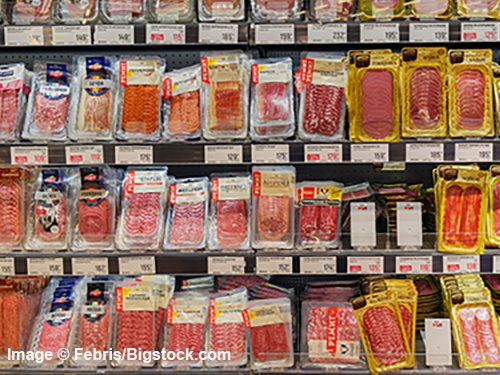

The US Academy of Nutrition and Dietetics states that “appropriately planned vegetarian, including vegan, diets are healthful, nutritionally adequate, and may provide health benefits for the prevention and treatment of certain diseases”.
Here you’ll find answers to some of the most frequently asked questions that the campaign receives.
View more FAQsStudy after study supports the idea that a wholefood plant-based diet is optimal for health and well-being. The British Dietetic Association states that well-planned plant-based diets “can support healthy living at every age and life-stage”. The US Academy of Nutrition and Dietetics states that “appropriately planned vegetarian, including vegan, diets are healthful, nutritionally adequate, and may provide health benefits for the prevention and treatment of certain diseases”.
Yes there is. In Western countries, our problem is that we get too much protein, not too little, and this is causing health problems. Most Britons get at least twice as much protein as they need, and too much protein, especially animal protein, can increase the risk of osteoporosis and kidney disease. There is protein in whole wheat bread, nuts, oatmeal, beans, corn, peas, mushrooms, green leafy vegetables and vegetables like broccoli – almost every food. Unless you eat a great deal of processed, greasy fast food, it’s almost impossible to eat as many calories as you need for good health without getting enough protein.
Plant-based food offers plenty of calcium – for example swede, okra, broccoli, dried figs, chia seeds, almonds and dark green leafy vegetables (especially kale, spinach, watercress and pak choi). Fortified soya milk and calcium set tofu and are also good sources of calcium.
I've been getting my family to go meatless at least 3 times a week. It's healthier for everyone and better for the planet.
Vickie
Meat Free Monday has given me the opportunity to educate myself on foods that I would not have usually have eaten before.
George
It keeps me creative in the kitchen, and I am helping reduce my impact.
Rebecca
Previously dinner planning always started with ‘what meat’, and the rest of the meal was built around it. Meat Free Monday helps change that mindset.
Kristina
Meat Free Monday is a great initiative to encourage people to have a healthier diet, save animals and the planet for at least once a week.
Geraldine
